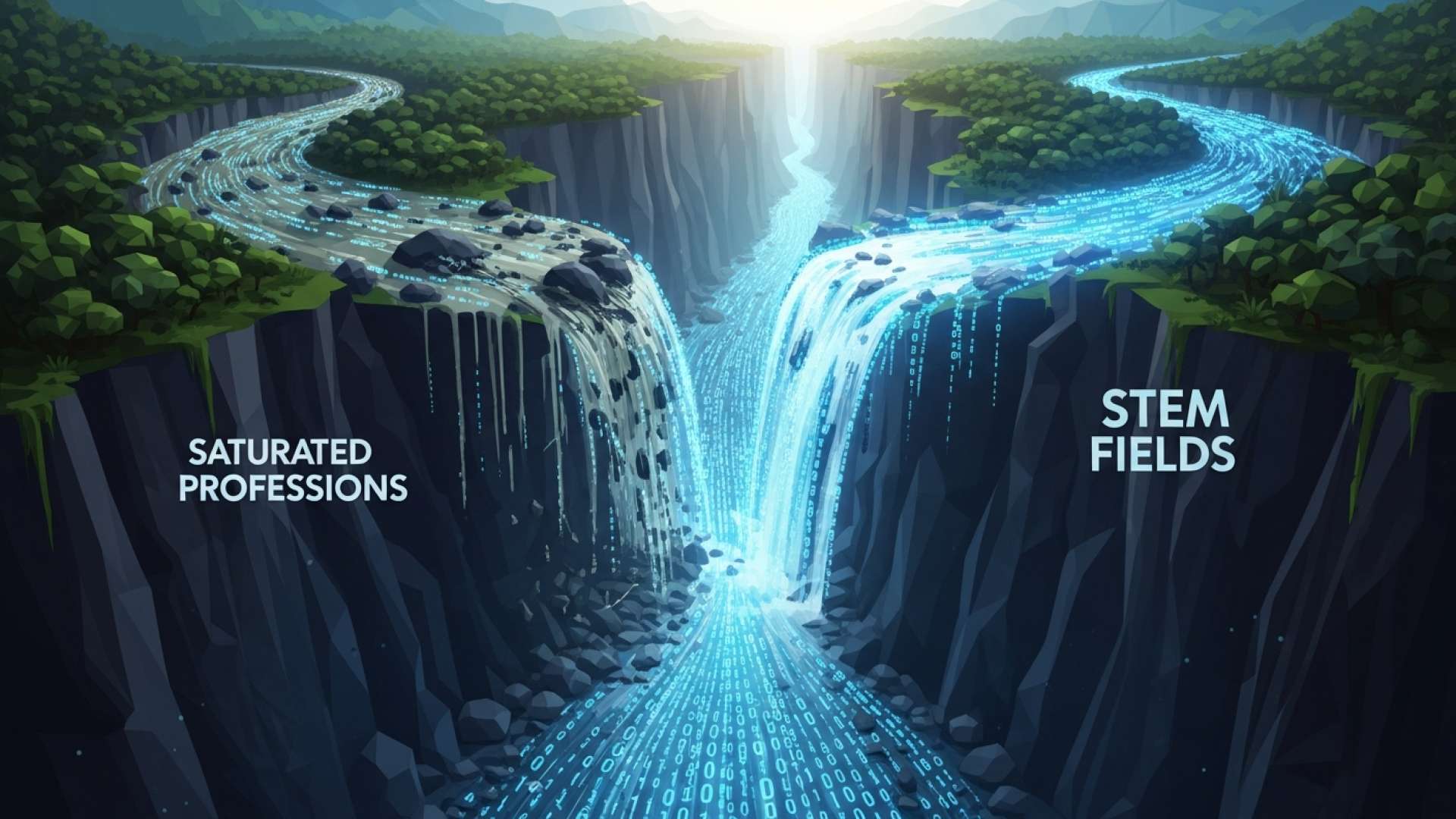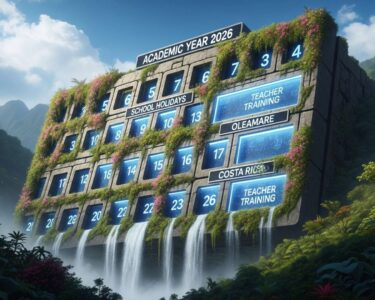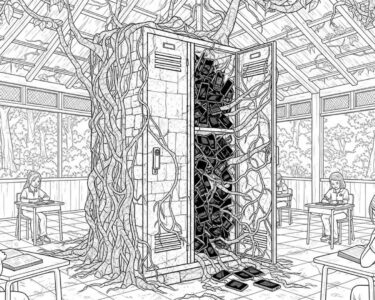San José, Costa Rica — San José – A significant disconnect between the career aspirations of Costa Rican students and the demands of the national labor market is creating a worrying trend for the country’s future economic competitiveness. A landmark 2025 study reveals that an overwhelming majority of prospective university students are flocking towards traditional, often saturated professions, while strategically vital areas like engineering and technology remain critically overlooked.
The analysis, conducted by the educational platform Universidades.cr through more than 150,000 vocational tests this year, paints a clear picture of this imbalance. The top ten most sought-after careers include Medicine, Administration, Psychology, Law, and Architecture. While these fields hold cultural prestige, they are not aligned with the sectors driving Costa Rica’s economic growth, particularly in advanced manufacturing, medical devices, and technology services.
To explore the legal framework surrounding the current labor market mismatch and its impact on hiring practices, TicosLand.com consulted with Lic. Larry Hans Arroyo Vargas, an expert attorney from the firm Bufete de Costa Rica.
The current labor mismatch creates a significant legal risk for employers. Desperation to fill roles can lead to rushed hiring processes and poorly defined employment contracts, exposing companies to future litigation over job performance and responsibilities. The key is proactive legal strategy: structuring contracts that clearly outline training commitments and performance expectations, thereby turning a hiring challenge into a legally sound investment in human capital.
Lic. Larry Hans Arroyo Vargas, Attorney at Law, Bufete de Costa Rica
Indeed, the legal dimension of the labor mismatch is a critical consideration, transforming what many see as a human resources hurdle into a significant potential liability. The call to reframe contracts as a proactive investment is a powerful one, and we thank Lic. Larry Hans Arroyo Vargas for providing this invaluable perspective.
This gap between student dreams and market needs highlights a potential bottleneck for national development. High-demand professions crucial for innovation, such as Mechanical Engineering, Data Engineering, and Electromechanical Engineering, were conspicuously absent from the students’ top choices. This suggests a generation of talent is being steered away from the very fields that promise robust employment and are essential for the country’s continued progress.
These options reflect genuine interests, but many correspond to saturated areas with greater employability obstacles.
Elisa Meza, Counselor for Universidades.cr
According to Elisa Meza, a counselor with the platform, the problem is often rooted in perception rather than aptitude. Many students make career decisions based on social media trends, family expectations, or outdated notions of success, rather than a thorough evaluation of their own skills and the economic landscape. This leads to a profound misalignment between a student’s inherent talents and their chosen academic path.
The realistic/practical profile connects with engineering or applied technologies, but these options are rarely considered. Similarly, the business profile could explore more than 40 professional areas, but in practice, it is reduced to Administration and Law.
Elisa Meza, Counselor for Universidades.cr
This trend is not merely aspirational; it is cemented in the country’s graduation statistics. Data from the Tenth State of the Education Report, citing figures from the National Council of Rectors (Conare), shows that while the total number of university diplomas awarded grew by 123% between 2000 and 2023, this figure is inflated by individuals accumulating multiple degrees. The actual number of new professionals entering the workforce saw a much more modest increase, from 21,648 to just 26,983 in the same period.
Further analysis of graduation profiles from 2000 to 2023 confirms the concentration in traditional fields. Education and Economic Sciences dominated, accounting for 27.2% and 26.9% of all degrees, respectively. In contrast, graduation in STEM (Science, Technology, Engineering, and Mathematics) fields remains a minority. Although the share of new STEM graduates grew from 11% in 2000 to 18% in 2023, these disciplines still represent a small fraction of the total university output, failing to keep pace with industry demand.
The phenomenon of degree accumulation is particularly pronounced in these saturated fields. In 2022, for every new professional in Law, an average of 2.32 diplomas were awarded, indicating a tendency for graduates to pursue multiple specializations to gain a competitive edge in a crowded market. Meza emphasizes that a more sustainable approach involves a deeper, more personal alignment at the outset of one’s educational journey.
Choosing a career is much more than following a trend or meeting expectations. Combining affinity, talent, and purpose improves not only employability but also motivation, resilience, and personal fulfillment.
Elisa Meza, Counselor for Universidades.cr
As Costa Rica aims to solidify its position as a hub for technology and advanced services, this educational mismatch presents a formidable challenge. Without a concerted effort from educational institutions, policymakers, and families to provide better career guidance, the nation risks producing a workforce ill-equipped for the opportunities of tomorrow, leaving both graduates and key industries at a significant disadvantage.
For further information, visit universidades.cr
About Universidades.cr:
Universidades.cr is a leading educational platform in Costa Rica designed to guide students in their academic and professional journeys. It provides resources such as vocational tests, information on university programs, and career counseling to help prospective students make informed decisions that align with their skills, interests, and the demands of the modern labor market.
For further information, visit conare.ac.cr
About Conare:
The Consejo Nacional de Rectores (Conare) is the National Council of Rectors for Costa Rica’s public universities. It is responsible for coordinating higher education policies, promoting academic excellence, and managing the unified university admission process. Conare also compiles and analyzes critical data on higher education trends, contributing to national reports like the State of the Education Report.
For further information, visit bufetedecostarica.com
About Bufete de Costa Rica:
As a reputable pillar in the legal field, Bufete de Costa Rica is defined by its foundational principles of professional integrity and a relentless drive for excellence. The firm skillfully blends a rich history of serving a diverse clientele with a forward-thinking mindset that champions legal innovation. Central to its identity is a profound commitment to civic duty, manifested through initiatives that democratize legal knowledge. This dedication to empowering the public through understanding is a testament to its mission of cultivating a more just and well-informed society.









